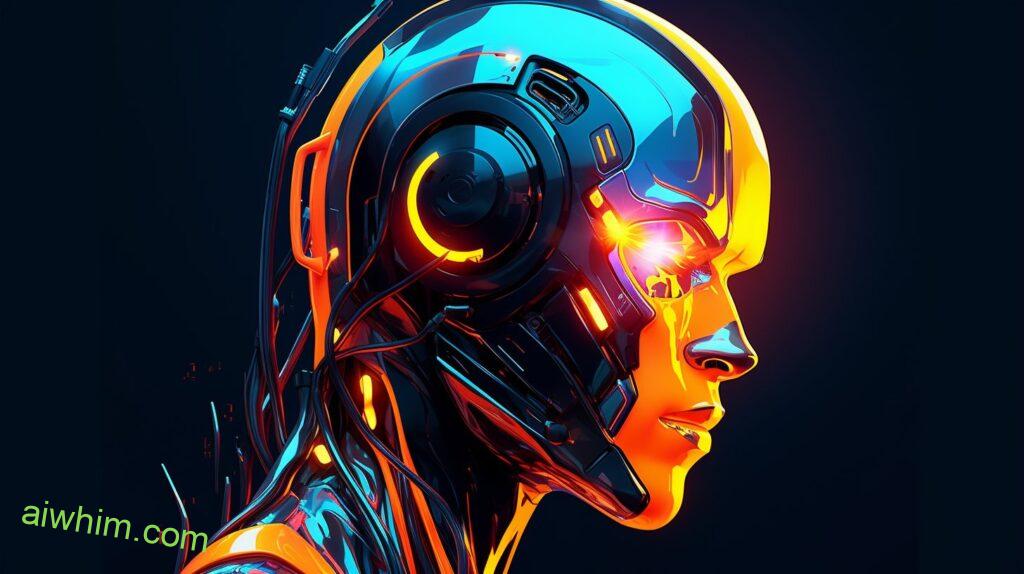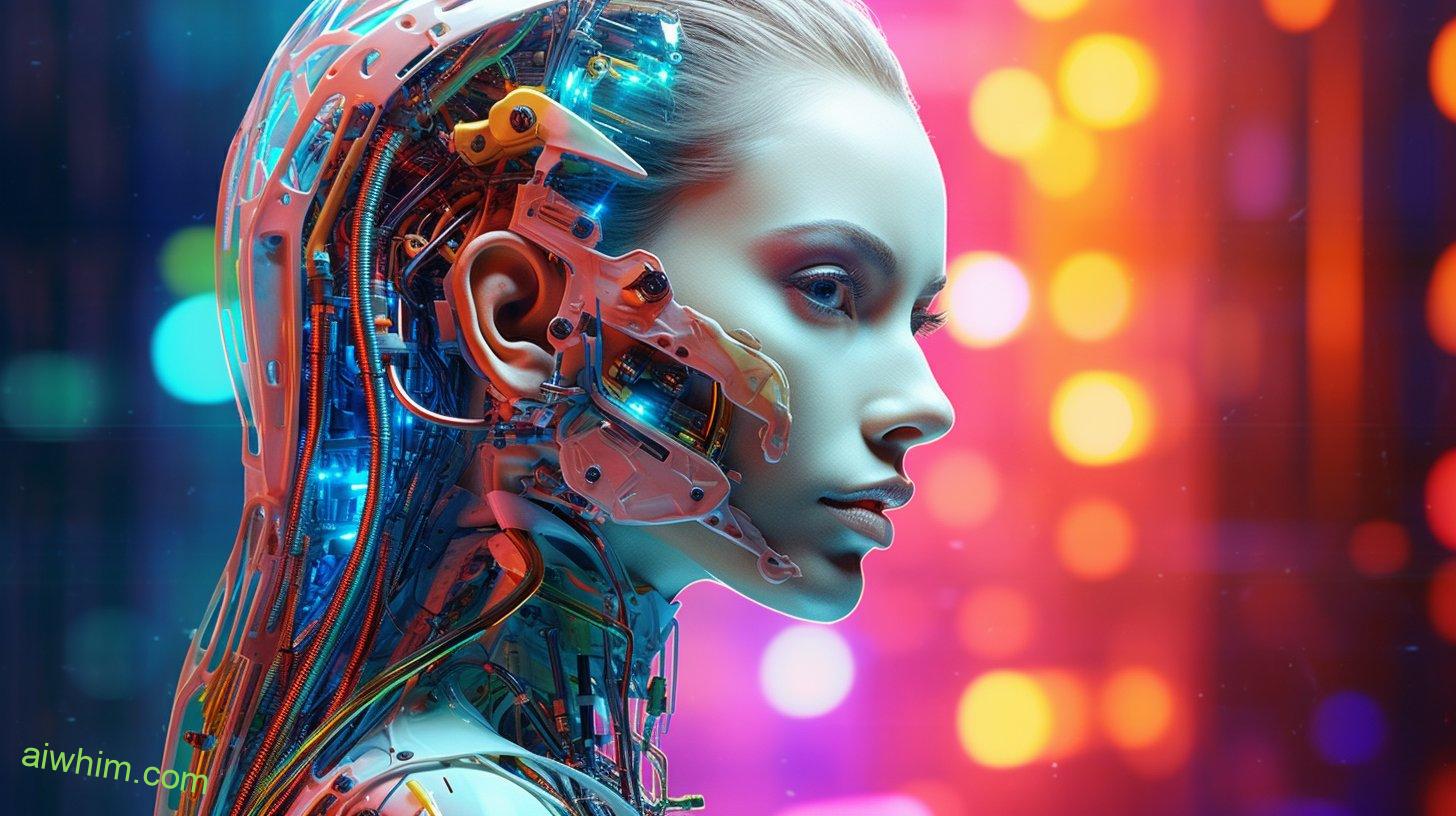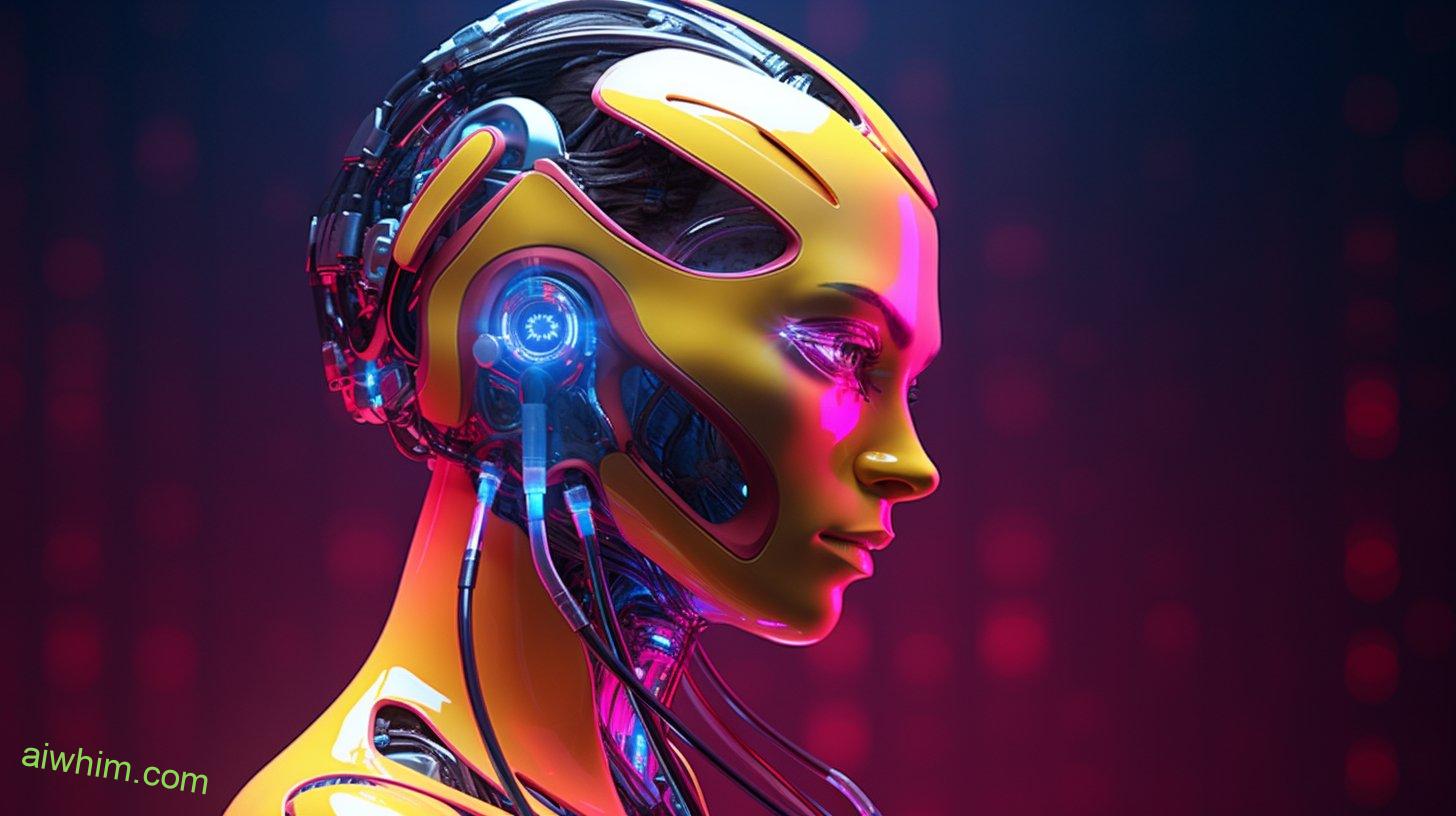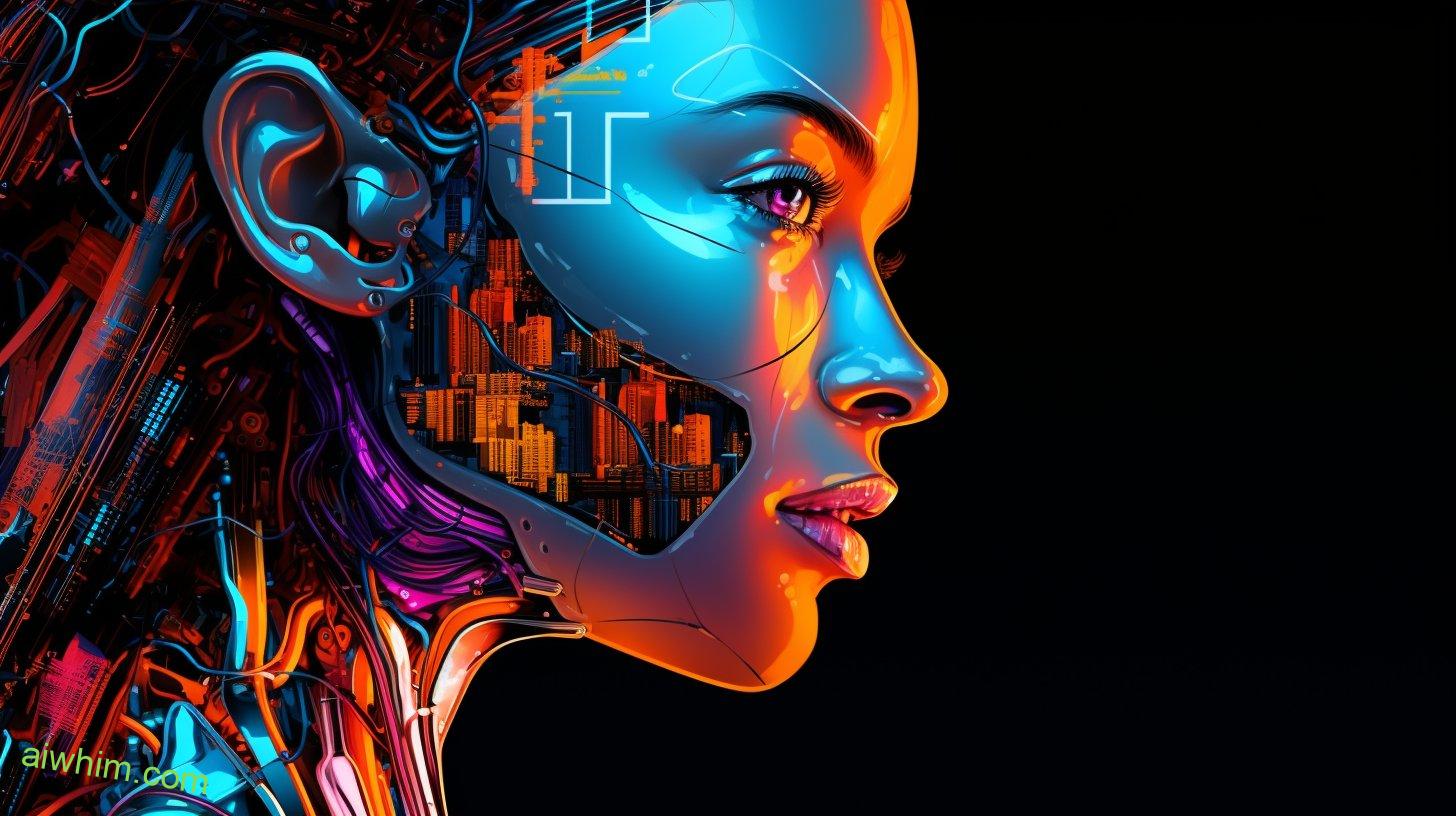Are literature teachers at risk of being replaced by AI? With advancements in technology and the rise of artificial intelligence, this question has become increasingly relevant. As you consider the role of AI in the classroom, you may wonder how it could potentially impact the field of literature education.
While AI has the potential to revolutionize certain aspects of teaching, it is important to examine both the benefits and challenges that come with its integration.
So, what does the future hold for literature teachers?
Key Takeaways
- AI revolutionizes the way literature is taught by analyzing literary data for personalized insights and enhancing student engagement.
- AI offers personalized learning experiences by analyzing individual strengths and weaknesses, providing targeted feedback, and aligning resources with students’ interests and abilities.
- AI enhances text analysis, provides personalized recommendations, and creates interactive learning experiences for critical thinking, thereby broadening readers’ literary horizons.
- Integrating AI into literature classrooms requires teacher training, addressing concerns and building trust, and balancing AI with the human element in teaching practices.
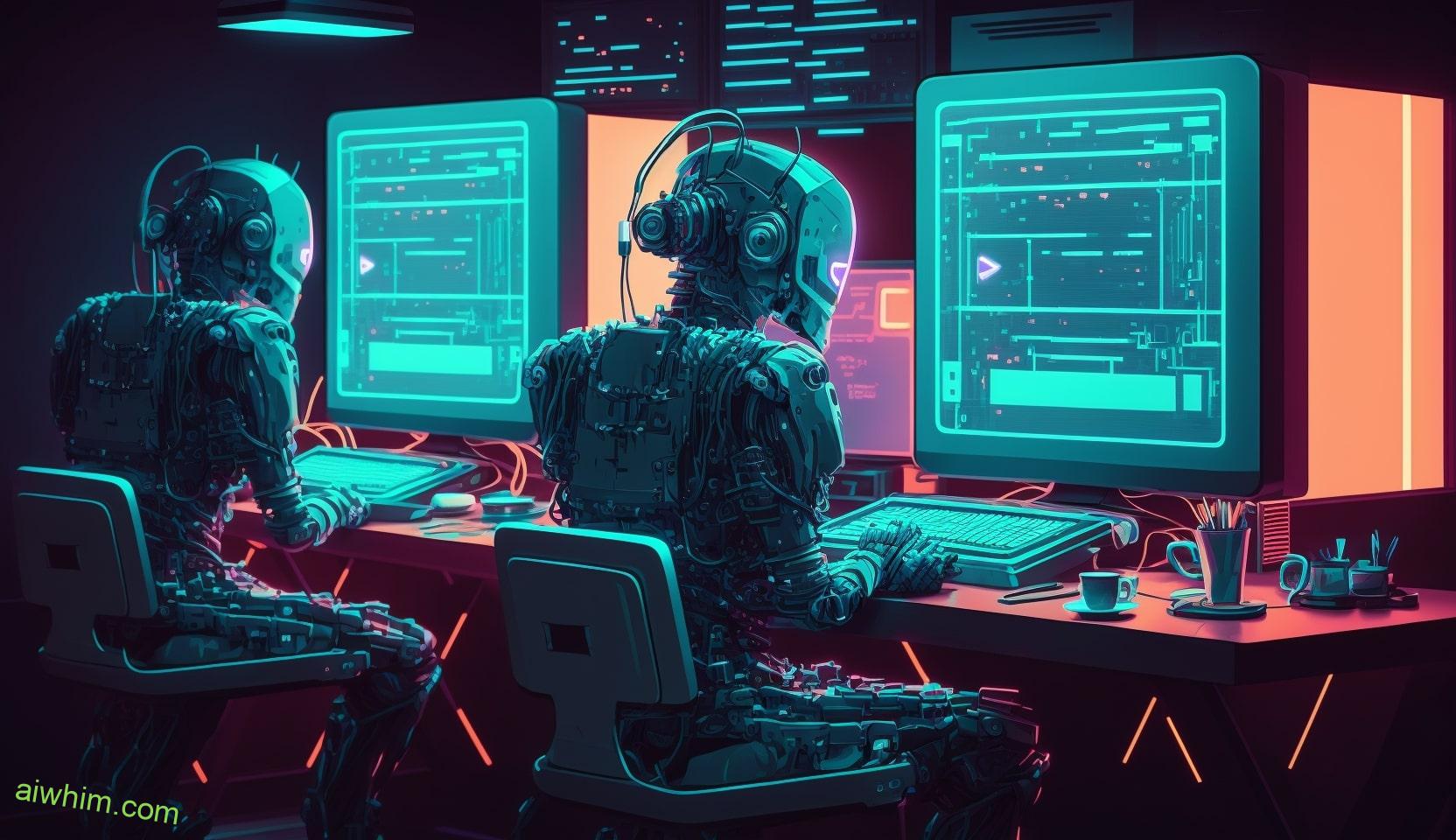
The Rise of AI in Literature Education
In the rapidly evolving landscape of education, AI is revolutionizing the way literature is taught. With its advanced capabilities, AI is making a significant impact on literary interpretation and enhancing student engagement in the classroom.
AI’s impact on literary interpretation is transforming the way students analyze and comprehend literary texts. Gone are the days of solely relying on traditional teaching methods. AI-powered tools can now analyze vast amounts of literary data and provide students with personalized insights and interpretations. These tools can identify patterns, themes, and literary devices, helping students develop a deeper understanding of the text and enabling them to make more informed and nuanced interpretations.
Furthermore, AI has the potential to enhance student engagement in literature education. Traditional teaching methods often struggle to capture students’ attention and make the learning experience enjoyable. However, AI-powered applications and platforms can provide interactive and immersive experiences. Virtual reality simulations can transport students to the settings of the literary works, fostering a deeper connection with the text. Chatbots and virtual assistants can engage students in meaningful conversations about the literature, encouraging critical thinking and helping them develop their analytical skills.
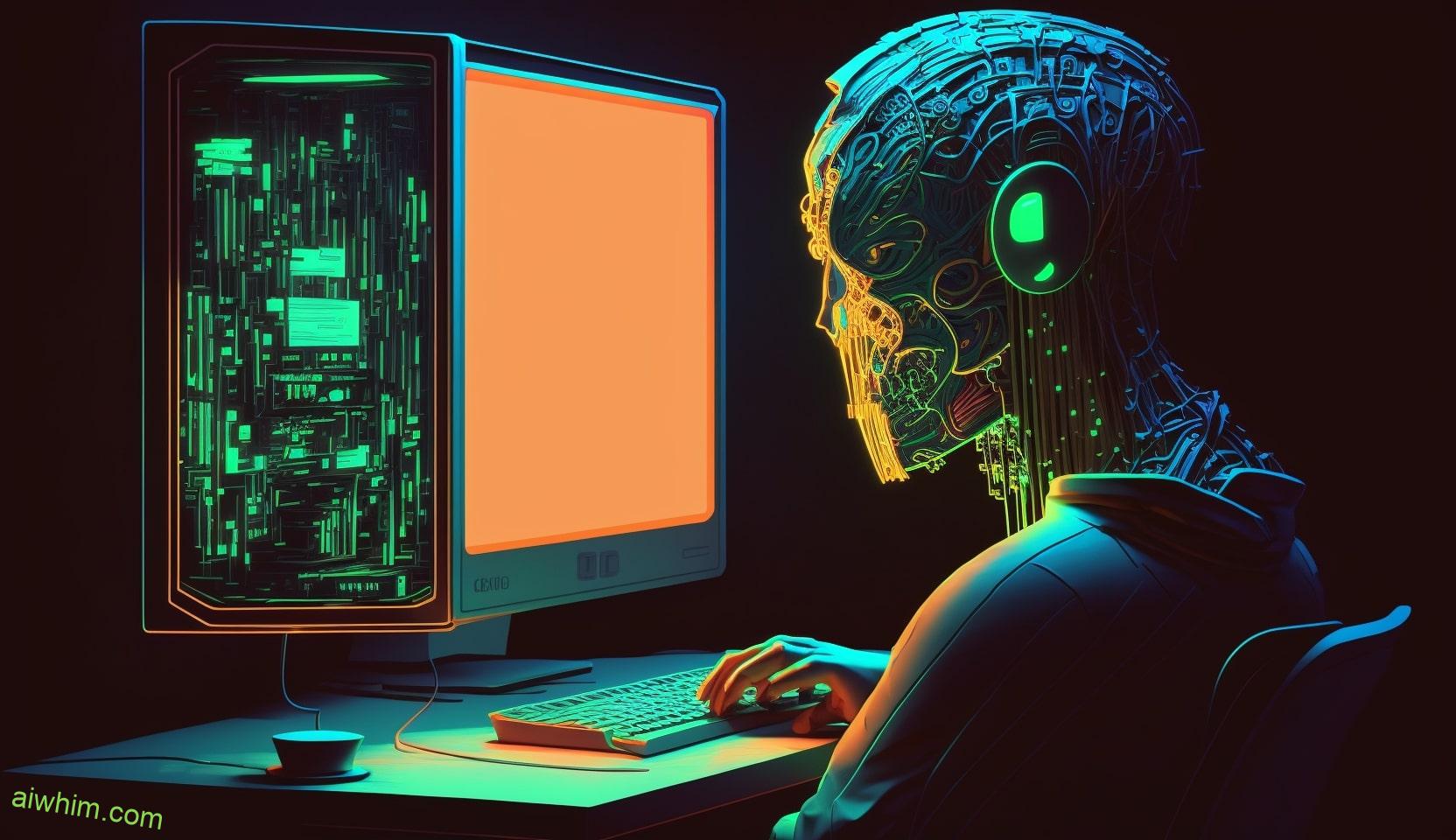
The Benefits of AI-Assisted Instruction
Using AI-assisted instruction in literature education offers numerous benefits for students. Here are three ways in which the effectiveness of AI in literature education can greatly benefit your learning experience:
- Personalized Learning: AI technology has the capability to analyze individual student’s strengths and weaknesses, allowing for a personalized learning experience. With AI, you can receive tailored feedback and recommendations to help you improve your understanding of literary concepts and enhance your critical thinking skills. This personalized approach ensures that you receive the support you need to excel in literature.
- Enhanced Engagement: AI-assisted instruction can utilize interactive platforms and virtual simulations to create a more engaging learning environment. Through gamification and interactive exercises, AI can make literature education more enjoyable and relatable. Imagine exploring the world of Shakespeare through virtual reality or participating in interactive discussions with AI-powered chatbots. These innovative methods can spark your interest and make studying literature a dynamic and immersive experience.
- Immediate Accessibility: With AI, you have access to a vast amount of literary resources and information at your fingertips. AI-powered platforms can provide you with instant access to a wide range of literary texts, analysis, and interpretations. You no longer have to spend hours searching through books or websites to find relevant information. AI can save you time and effort by providing you with immediate access to the resources you need to deepen your understanding of literature.
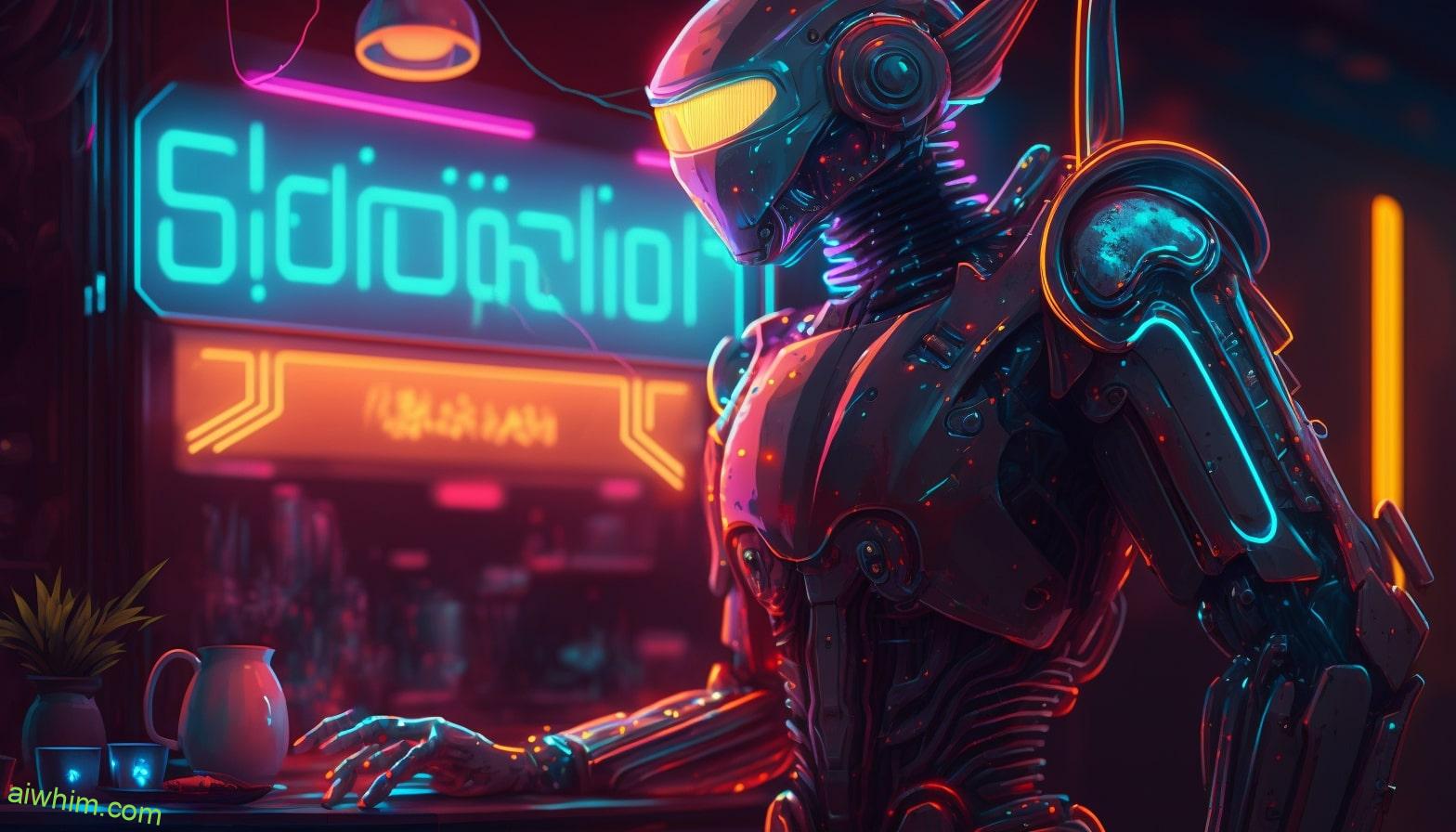
AI’s Impact on Personalized Learning
AI’s impact on personalized learning in literature education is evident in its ability to analyze your strengths and weaknesses as an individual student. Through AI assisted instruction, you can receive tailored feedback and recommendations for improvement that are specifically designed to meet your unique needs. This personalized approach allows you to have more control over your own learning experience.
With AI, you no longer have to rely solely on the traditional one-size-fits-all approach to education. Instead, you can benefit from a more individualized learning journey. AI technology can analyze your performance and learning patterns, allowing it to identify areas where you excel and areas where you need additional support. By understanding your strengths, AI can provide you with resources and activities that align with your interests and abilities, making your learning experience more engaging and enjoyable.
Additionally, AI can help you identify and address your weaknesses. It can provide you with targeted feedback on your writing, reading comprehension, and critical thinking skills. For example, AI can analyze your essays and provide detailed suggestions for improvement, helping you to refine your writing style and develop stronger arguments. This personalized feedback not only helps you improve your current work, but it also equips you with the skills you need for future success.
In the realm of literature education, personalized learning through AI can empower you to take ownership of your learning journey. By providing tailored feedback and recommendations, AI technology supports your growth and development, helping you to become a more confident and proficient reader and writer. So embrace the freedom that AI offers, and let it guide you towards achieving your full potential in literature education.
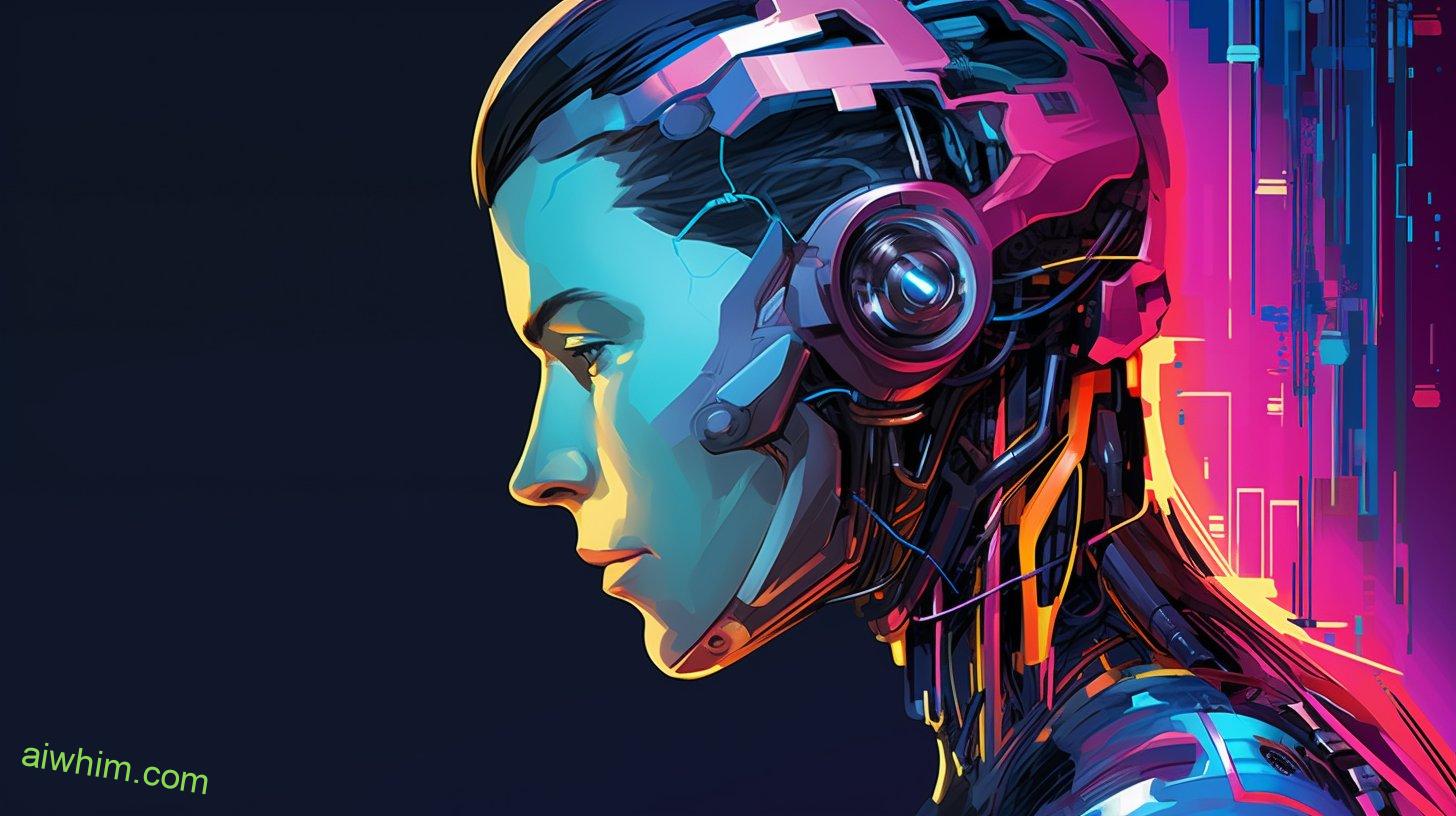
AI and the Future of Literary Analysis
With the advancement of AI technology, literary analysis is set to undergo a transformative revolution. AI has the potential to revolutionize the way we approach and understand literature, bringing new possibilities and capabilities to the field.
Here are three ways in which AI is impacting literary interpretation and enhancing critical thinking skills:
- Enhanced Text Analysis: AI programs can analyze vast amounts of text and identify patterns, themes, and literary devices that may have gone unnoticed by human readers. This can provide valuable insights into the author’s intentions, symbolism, and narrative techniques, allowing for a deeper understanding and interpretation of the text.
- Personalized Recommendations: AI-powered algorithms can analyze individual reading preferences and provide personalized recommendations for books, articles, and essays that align with a reader’s interests and literary tastes. This not only helps readers discover new authors and genres but also encourages them to engage with diverse perspectives and styles, broadening their literary horizons.
- Interactive Learning Experiences: AI can create interactive learning experiences that engage students in active and critical thinking. Virtual book clubs, chatbots, and interactive storytelling platforms can encourage students to analyze and interpret texts collaboratively, fostering discussion, debate, and the development of analytical skills.
While AI has the potential to enhance literary analysis and critical thinking skills, it’s important to remember that it can’t replace the human element in literature. The emotional connection, empathy, and subjective interpretation that humans bring to the reading experience are irreplaceable. Instead, AI should be seen as a tool that complements and enhances our understanding of literature, opening up new possibilities for exploration and interpretation.
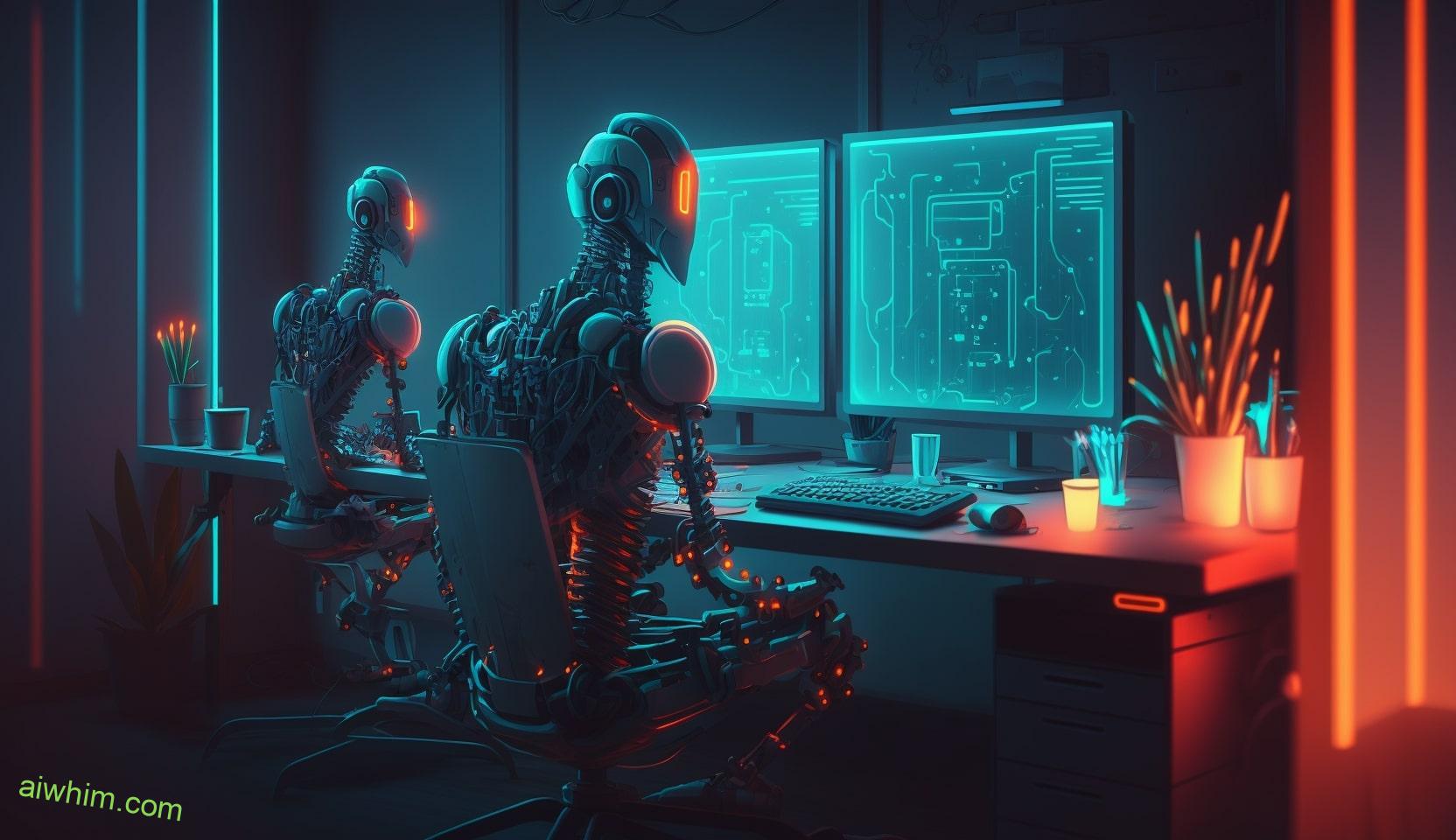
Challenges in Integrating AI Into Literature Classrooms
Integrating AI into literature classrooms presents several challenges that educators must navigate. One of the main challenges is teacher training. As AI becomes more prevalent in education, teachers need to be equipped with the necessary skills to effectively incorporate AI tools into their teaching practices.
Teacher training plays a crucial role in ensuring that educators are prepared to integrate AI into their literature classrooms. It’s important for teachers to understand how AI can enhance the learning experience and support students’ engagement with literature. They need to be knowledgeable about the different AI tools available and how to use them effectively to facilitate discussions, analyze texts, and provide personalized feedback to students.
However, teacher training in AI can be a complex and time-consuming process. Educators need to be provided with ample resources, professional development opportunities, and ongoing support to acquire the necessary skills and knowledge. This requires a commitment from educational institutions to invest in the training of their teachers and provide them with the necessary tools and resources.
Another challenge in integrating AI into literature classrooms is the potential resistance from educators. Some teachers may be hesitant to embrace AI due to concerns about job security or a perceived threat to the traditional role of the literature teacher. It’s important to address these concerns and provide teachers with a clear understanding of how AI can complement their teaching practices rather than replace them. Building trust and collaboration between teachers and AI systems is crucial for successful integration.
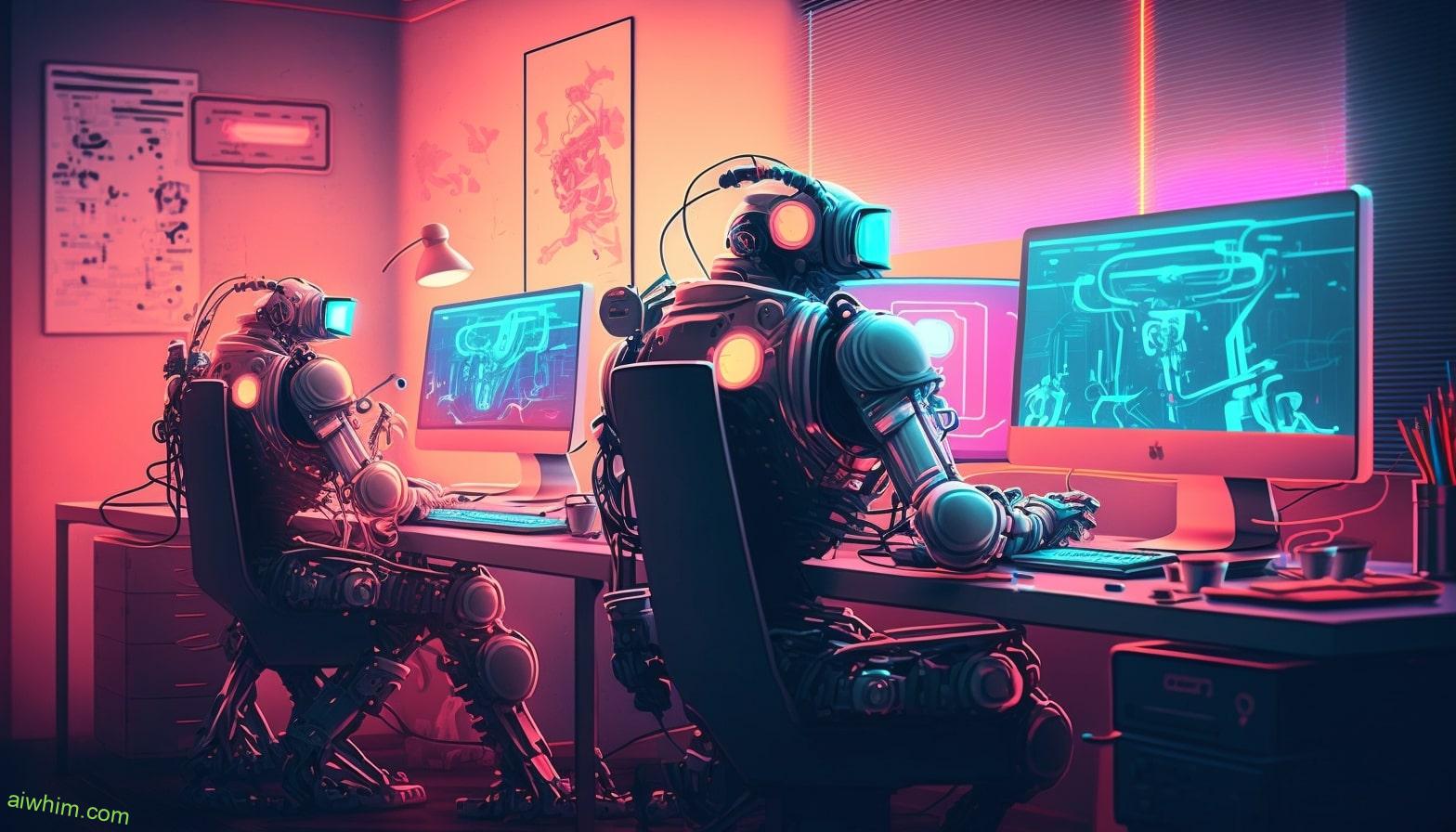
AI’s Potential Role in Expanding Access to Literature Education
To expand access to literature education, you must recognize the potential role of AI in enhancing learning opportunities and engaging students. While AI may not be a substitute for human teachers, it can certainly play a complementary role in literature education.
Here’s how AI can help:
- Personalized Learning: AI has the potential to create personalized learning experiences tailored to each student’s needs and preferences. By analyzing data on students’ reading habits, comprehension levels, and areas of interest, AI can recommend relevant books, articles, and literary resources. This personalized approach can make literature education more accessible and engaging for students with diverse learning styles and abilities.
- Enhanced Collaboration: AI can facilitate collaborative learning by providing virtual platforms for students to discuss and analyze literature together. Through online forums, chatbots, and virtual study groups, students can engage in meaningful discussions, share insights, and deepen their understanding of literary texts. AI can also provide real-time feedback on discussions, encouraging critical thinking and fostering a sense of community among literature enthusiasts.
- Expanding Access: AI can bridge the gap between students and literature by making literary resources more accessible. Through AI-powered platforms, students can access a vast library of books, literary analysis, and historical context. This widens access to literature education for individuals who may not have access to physical libraries or comprehensive educational resources. AI can also provide translations, annotations, and audio versions of texts, making literature education more inclusive.
However, it’s essential to acknowledge AI’s potential limitations. While AI can enhance learning experiences, it can’t replace the nuanced understanding and expertise of a human literature teacher. AI may struggle to interpret complex literary themes, nuance, and symbolism, which are essential for developing critical thinking skills.
Therefore, it’s crucial to strike a balance between AI and human interaction, leveraging the strengths of both to provide a comprehensive literature education that fosters creativity, critical thinking, and a love for reading.
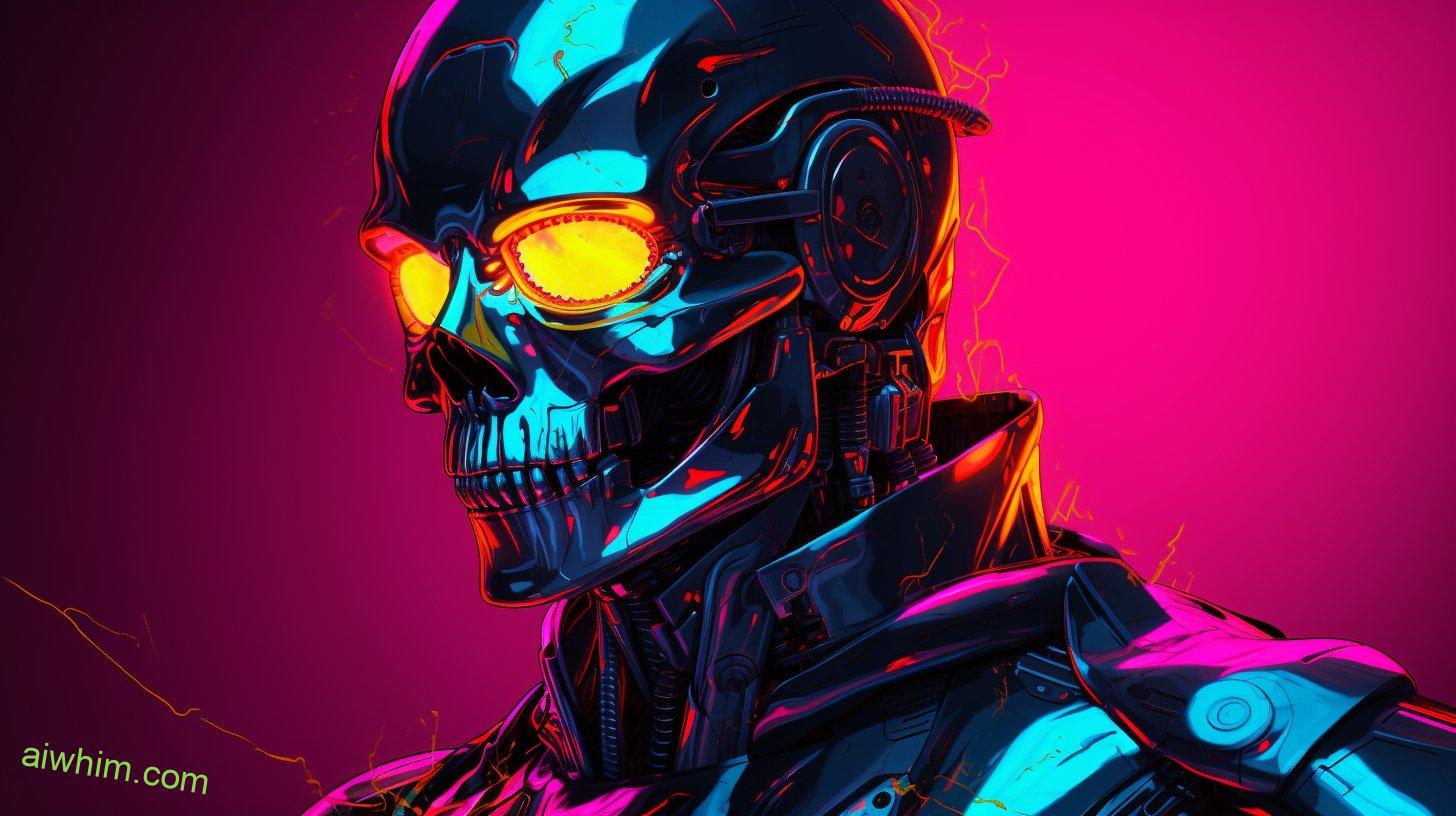
Ethical Considerations in AI-Driven Literature Instruction
When using AI-driven literature instruction, it’s crucial to consider the ethical implications. One major concern is AI and student privacy. As AI systems gather vast amounts of data on students, questions arise about how this information is collected, stored, and used. It’s essential to ensure that students’ personal information is protected and that their privacy rights are respected. Transparency and consent should be at the forefront, with clear communication about what data is being collected and how it will be used.
Another ethical consideration is AI and cultural bias. AI systems are trained on large datasets, which may contain inherent biases. These biases can manifest in the literature recommendations, interpretations, or analyses provided by AI-driven platforms. It’s crucial to address and mitigate these biases to ensure that students are exposed to a diverse range of perspectives and ideas. This requires ongoing monitoring and evaluation of the AI systems to identify and rectify any biases that may arise.
Additionally, it’s important to consider the potential impact of AI-driven instruction on the role of literature teachers. While AI can offer personalized and efficient instruction, it shouldn’t completely replace human teachers. Literature education involves more than just the transmission of information; it requires critical thinking, empathy, and the fostering of a love for reading. Human teachers play a vital role in guiding discussions, providing individualized support, and nurturing students’ emotional and intellectual growth. AI should be seen as a tool to enhance, rather than replace, the role of literature teachers.
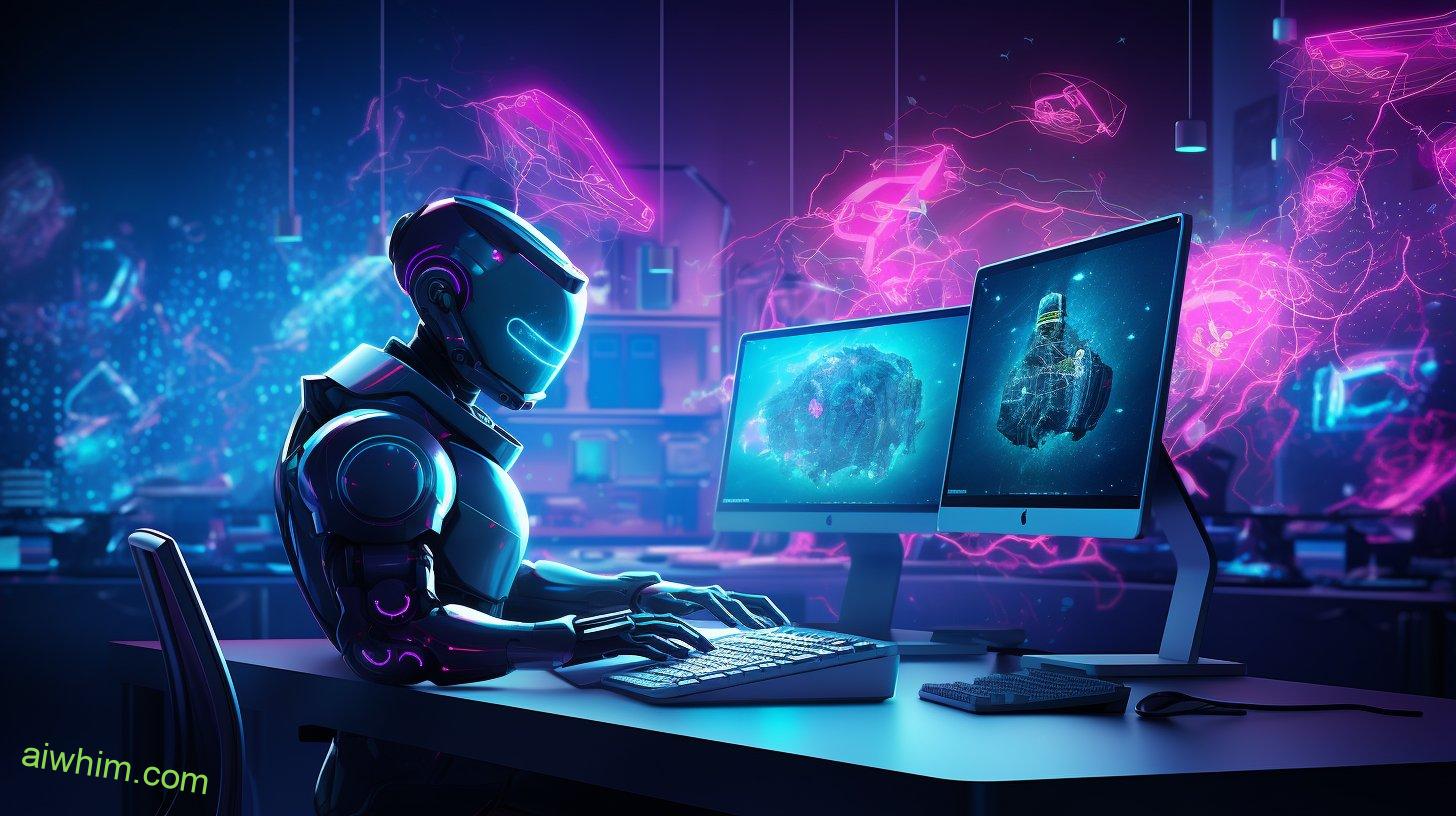
The Importance of Balancing AI and Human Interaction in Literature Teaching
Finding the right balance between AI-driven instruction and human interaction is crucial in literature teaching. While technology can enhance the learning experience, it’s important to ensure that students still have opportunities to engage with teachers and peers on a personal level. Here are three reasons why balancing technology and human interaction is essential in literature teaching:
- Individualized Learning: AI can provide personalized instruction, catering to each student’s unique needs and learning style. However, human interaction allows for a deeper understanding of students’ strengths, weaknesses, and interests. Teachers can provide tailored guidance, feedback, and support, fostering a more holistic learning experience.
- Critical Thinking and Discussion: Literature isn’t just about facts and information; it requires critical thinking, interpretation, and analysis. Human interaction allows for meaningful discussions and debates, where students can express their thoughts, ask questions, and challenge ideas. This interactive dialogue stimulates intellectual growth and encourages students to think creatively and critically.
- Emotional Connection and Empathy: Literature often evokes emotions, and human interaction provides a safe and empathetic space for students to express their feelings and connect with the material. Teachers can create a supportive environment, fostering emotional intelligence, empathy, and understanding. This emotional connection enhances the learning experience and helps students develop a deeper appreciation for literature.
Balancing technology and human interaction in literature teaching ensures that students receive individualized attention, engage in critical thinking, and develop emotional connections. While AI can enhance instruction, it’s the human touch that truly fosters student engagement and growth. So, embrace technology as a tool, but remember the importance of human interaction in the classroom.
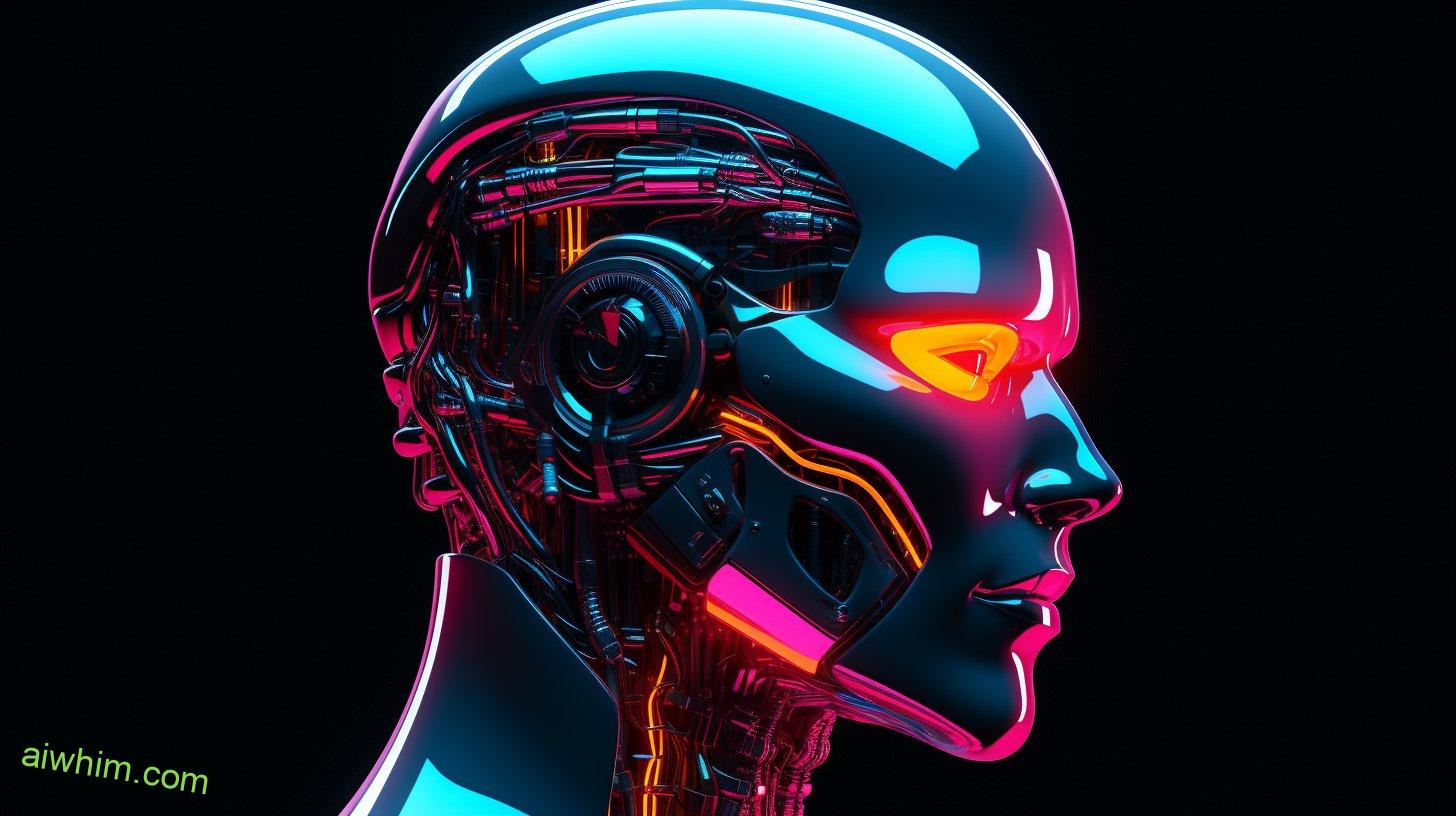
Frequently Asked Questions
What Is the Current Status of AI Integration in Literature Education?
AI adoption in literature classrooms is increasing, with AI technology being used to enhance reading comprehension, provide personalized feedback, and analyze literary works. The impact of AI on literature education shows promise in improving student learning experiences.
How Can Ai-Assisted Instruction Benefit Students in Literature Education?
AI-assisted instruction can greatly benefit you in literature education. It improves comprehension by providing personalized feedback and enhances critical thinking through interactive activities. Embrace the freedom to explore and learn with AI.
What Are the Potential Challenges of Integrating AI Into Literature Classrooms?
Incorporating AI into literature classrooms brings potential challenges and impacts. It may affect the role of teachers, but it also presents opportunities for personalized learning and access to diverse resources.
How Can AI Contribute to Expanding Access to Literature Education?
AI driven personalized learning and AI powered virtual book clubs can greatly expand access to literature education. These technologies can provide individualized learning experiences and connect readers from all over the world, fostering a sense of freedom and inclusivity.
What Ethical Considerations Should Be Taken Into Account When Implementing Ai-Driven Literature Instruction?
When implementing AI-driven literature instruction, ethical implications and privacy concerns must be taken into account. It’s important to consider the impact on personal freedom and the potential for bias in AI algorithms.
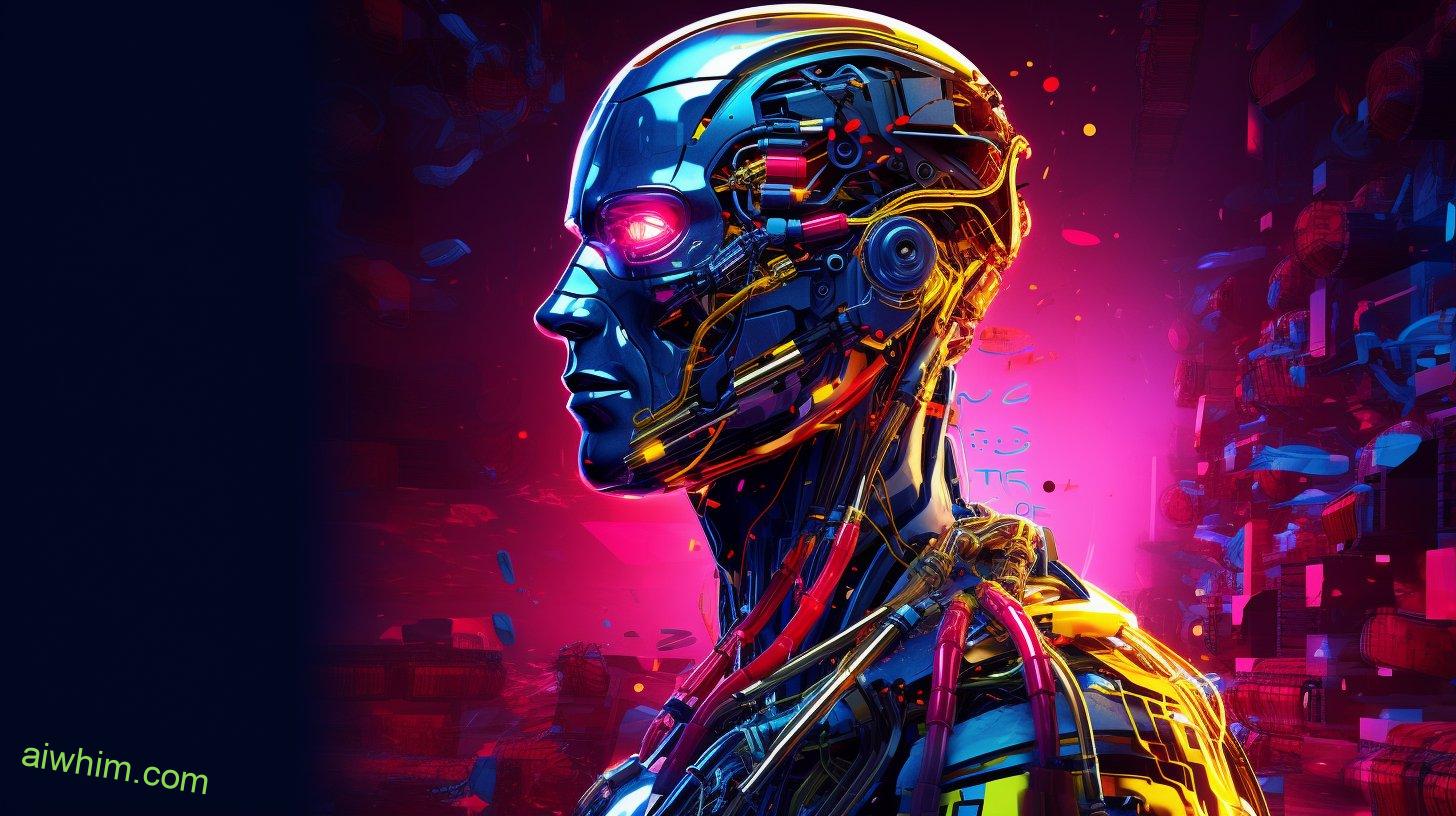
Conclusion
In conclusion, the rise of AI in literature education presents both opportunities and challenges.
While AI-assisted instruction can enhance personalized learning and expand access to literature education, it’s important to remember the value of human interaction in teaching.
Like a delicate dance between man and machine, finding the right balance between AI and human involvement is vital to ensure a holistic and enriching learning experience for students.

